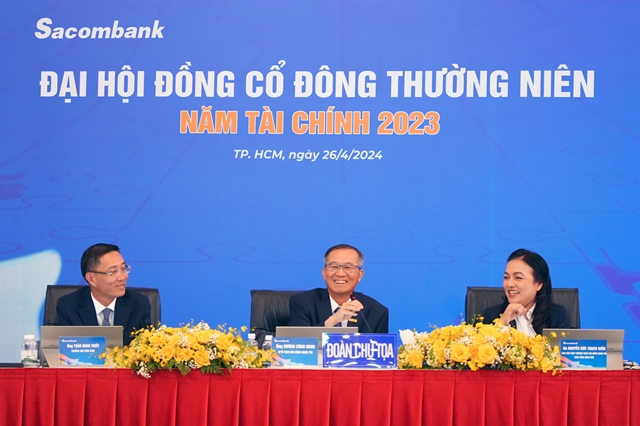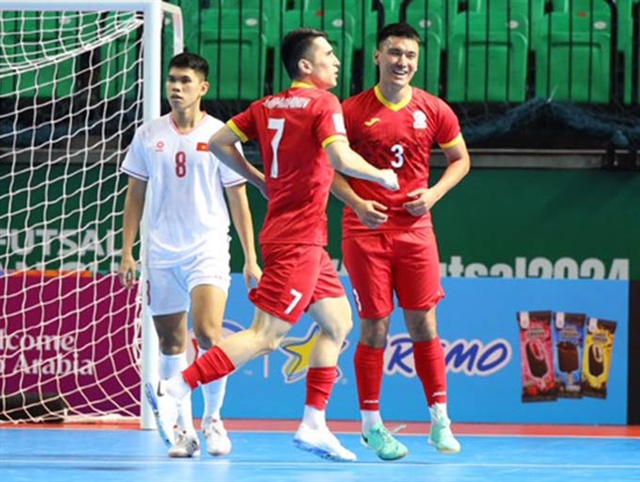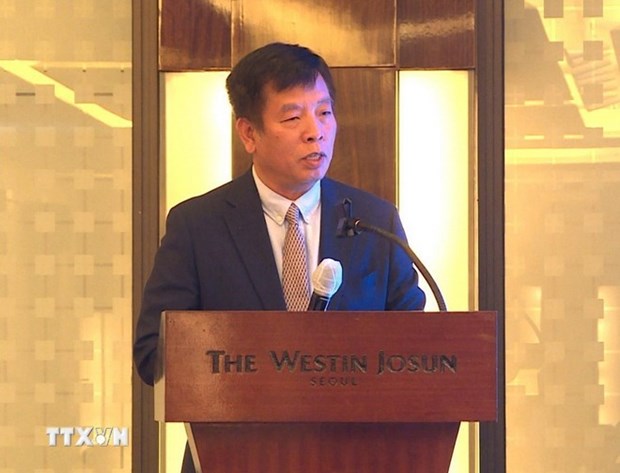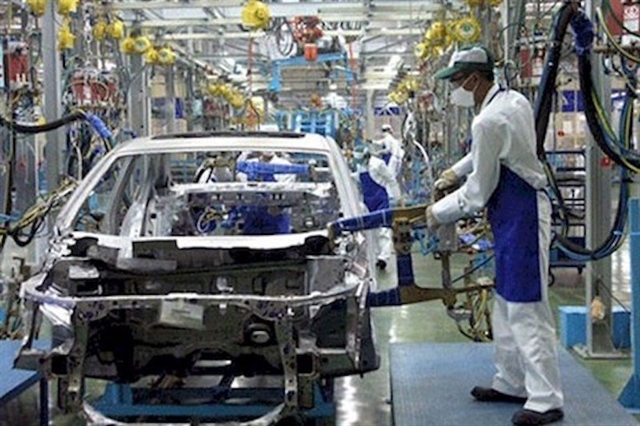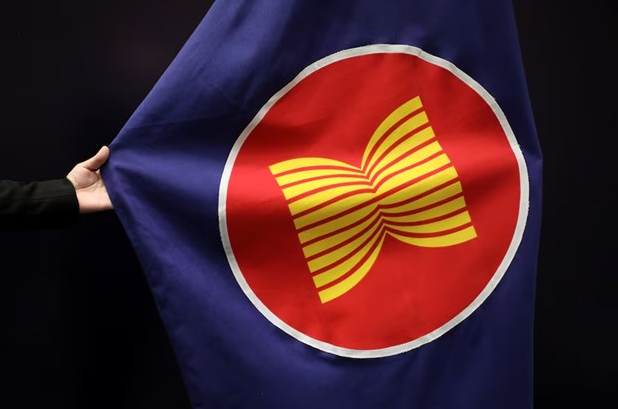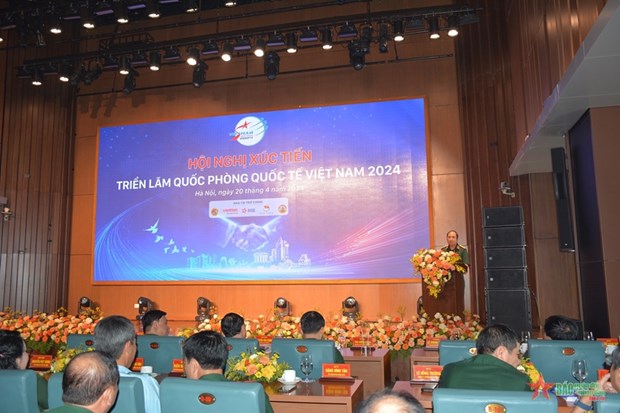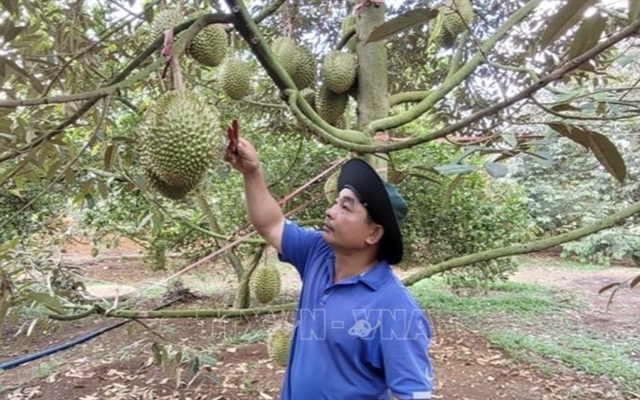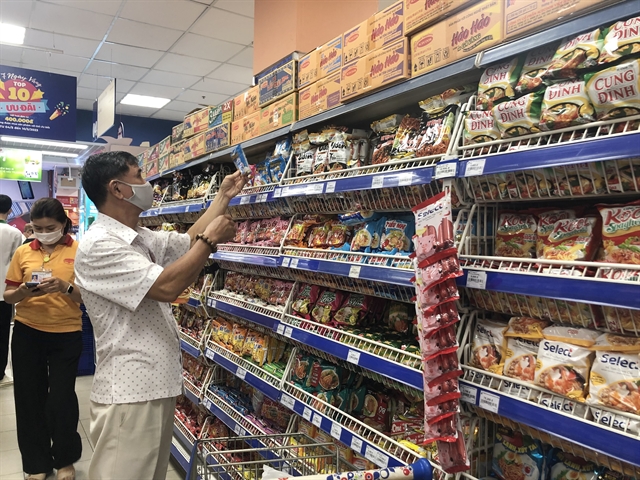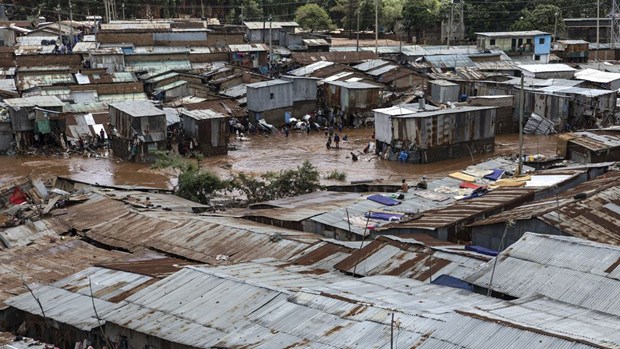 Politics & Laws
Politics & Laws
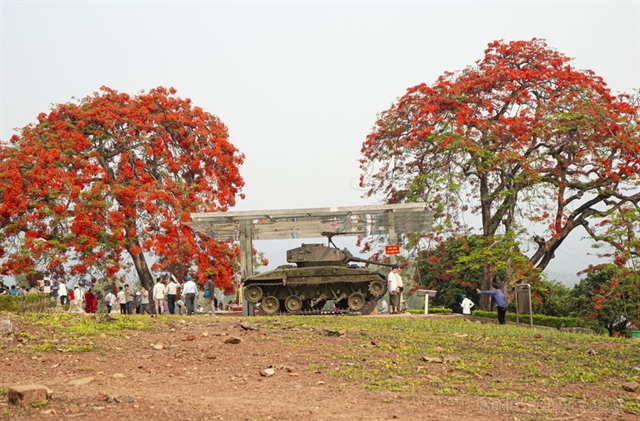
Southeast Asian leaders renewed the resolve to build ASEAN into an example of regional cooperation at the freshly finished 30th ASEAN Summit in Manila, the Philippines, according to ASEAN Secretary-General Lê Lương Minh.
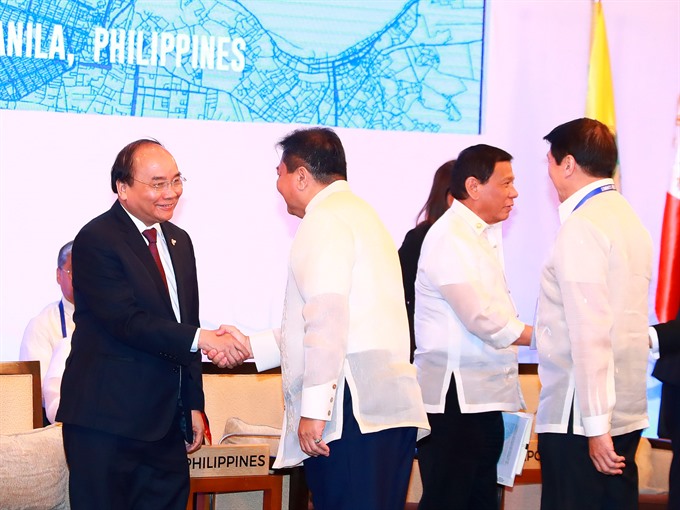 |
| Prime Minister Nguyễn Xuân Phúc (in black suit) and ASEAN leaders attend a meeting with representatives from the ASEAN Inter-parliamentary Assembly (AIPA) on Saturday. Southeast Asian leaders renewed the resolve to build ASEAN into an example of regional co-operation. – VNA/VNS Photo Thống Nhất |
MANILA – Southeast Asian leaders renewed the resolve to build ASEAN into an example of regional co-operation at the freshly finished 30th ASEAN Summit in Manila, the Philippines, according to ASEAN Secretary-General Lê Lương Minh.
Reviewing the summit, Minh told Vietnam News Agency reporters that the ASEAN leaders reiterated efforts to build ASEAN into a region of peace and stability that promotes political and security cooperation and ensures economic growth and social development.
Amid complex developments jeopardising regional peace and stability such as tensions in the Korean Peninsula and unilateral reclamation and militarisation activities in the East Sea, the ASEAN leaders also repeated their support for the peaceful settlement of disputes while asking all parties concerned to exercise self-restraint, not have actions that may complicate the situation and disputes, and work to finalise a legally binding code of conduct (COC) in the East Sea.
ASEAN and China agreed to accelerate the consultation on the COC building and already designed a draft COC framework. They plan to finalise this framework in May so as to submit it to a foreign ministers’ meeting for approval in August 2017, the Secretary-General said.
ASEAN also vowed to expand external relations amid growing populism, isolationism and nationalism, he added.
He noted at the meeting, the regional leaders approved a declaration on the role of the civil service as a catalyst for achieving the ASEAN Community Vision 2025. They also discussed the implementation of the Master Plan on ASEAN Connectivity 2025 and the Initiative for ASEAN Integration Work Plan III since the plan’s adoption at the 28th and 29th ASEAN Summit in 2016.
Over the last five decades, ASEAN has become one of the most successful regional organisations in terms of integration and community building. It is now playing a central role in maintaining peace and stability in the region, as well as at regional strategic mechanisms such as the East Asia Meeting, the ASEAN Regional Forum, or the ASEAN Defence Ministers’ Meeting Plus.
Member economies have become more connected, turning ASEAN into the sixth biggest economy and the third largest market in the world, Minh said, adding that ASEAN is also the most integrated economy with tens of free trade agreements and comprehensive economic partnership treaties.
While ASEAN is working to turn its community into a regional co-operation model based on multilateral co-operation, the emergence of populism and protectionism around the globe may affect the bloc’s efforts in integration and foreign relations expansion.
This is not a small challenge to ASEAN, but the grouping also spots opportunities in this context in order to play a central and key role in maintaining and promoting an open, fair and rule-based multilateral trade system, the Secretary-General noted. – VNS

